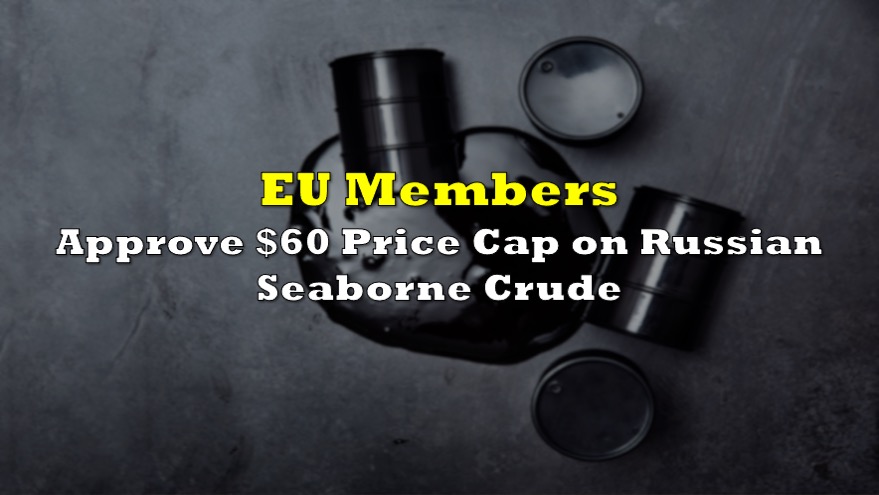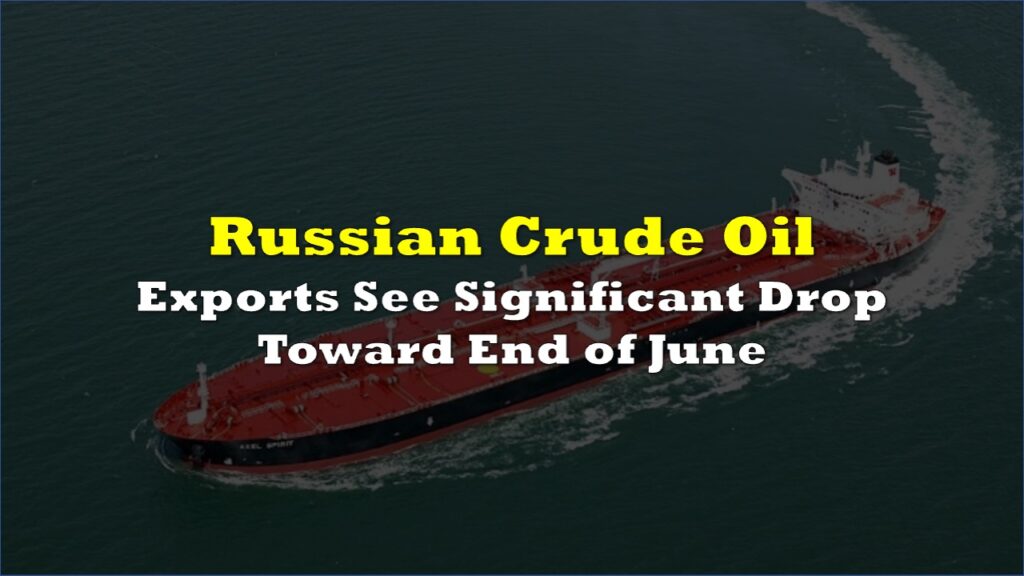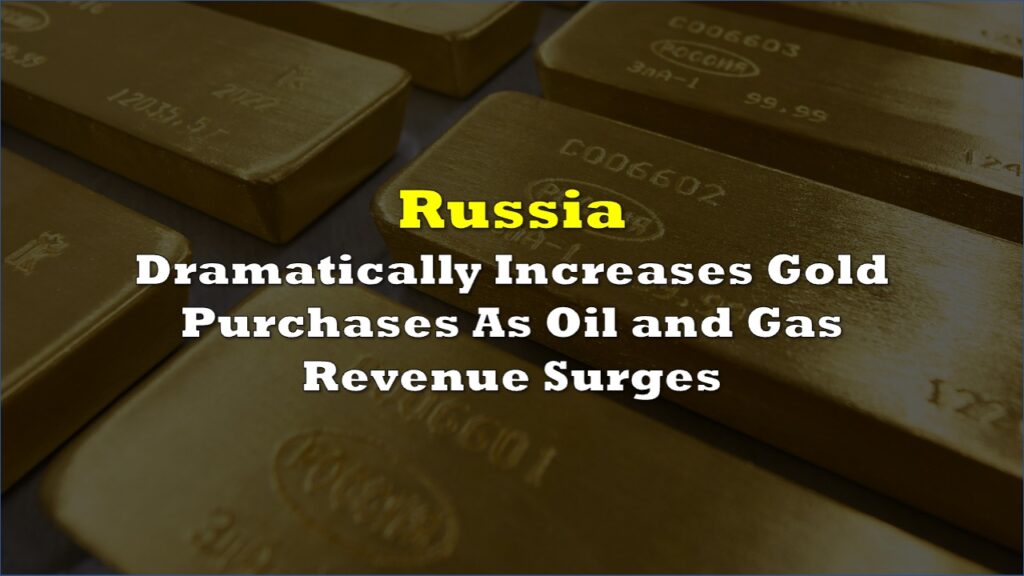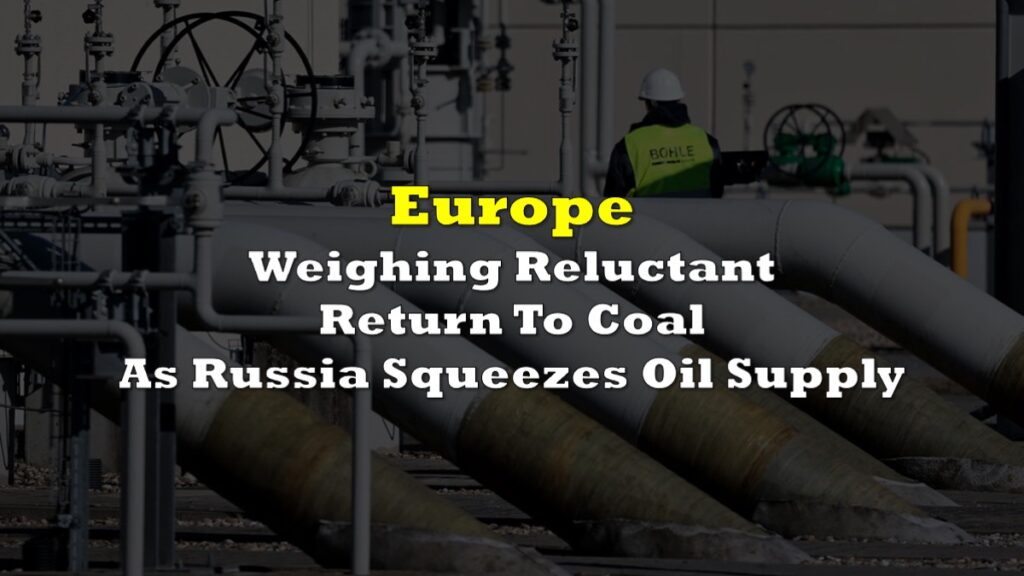Russian oil product exports hit a post-pandemic low in August, according to recent tanker tracking data. Seaborne export loadings of refined products, including diesel, fuel oil, and naphtha, averaged 2.09 million barrels per day (b/d), marking a 13% decrease from July and a substantial drop of nearly 700,000 b/d compared to January levels.
This decline comes in the wake of Ukrainian drone strikes targeting Russia’s refining capacity earlier in the year. Despite Russian refineries largely recovering from these attacks, the export slump persists. The situation was further complicated by a drone attack on the Moscow refinery in September, disrupting operations at a facility crucial for supplying the capital’s fuel needs.
Gasoline exports saw the most dramatic fall, plummeting 40% to 75,000 b/d. This trend is expected to continue following Russia’s ban on gasoline exports from September to December, aimed at controlling domestic prices during peak seasonal demand.

Diesel, Russia’s largest fuel export, also experienced a significant decline, dropping 16% to 670,000 b/d, its lowest level since October 2023. Naphtha exports similarly contracted by 100,000 b/d.
Regionally, the most notable shift occurred in exports to China, which fell by 55% to 153,000 b/d. This reduction reflects growing concerns about weak Asian demand and its impact on oil product margins, exacerbated by China’s slowing economic growth.
In contrast to the decline in refined product exports, Russian seaborne crude exports saw a modest increase in August, averaging 3.36 million b/d. This uptick comes despite thin discounts for Russian oil and improved compliance with OPEC+ output cuts.
India, Russia’s top oil buyer, accounted for the largest increase in crude imports, though overall flows remain below June’s near-record levels.
Information for this story was found via S&P Global, and the sources and companies mentioned. The author has no securities or affiliations related to the organizations discussed. Not a recommendation to buy or sell. Always do additional research and consult a professional before purchasing a security. The author holds no licenses.









